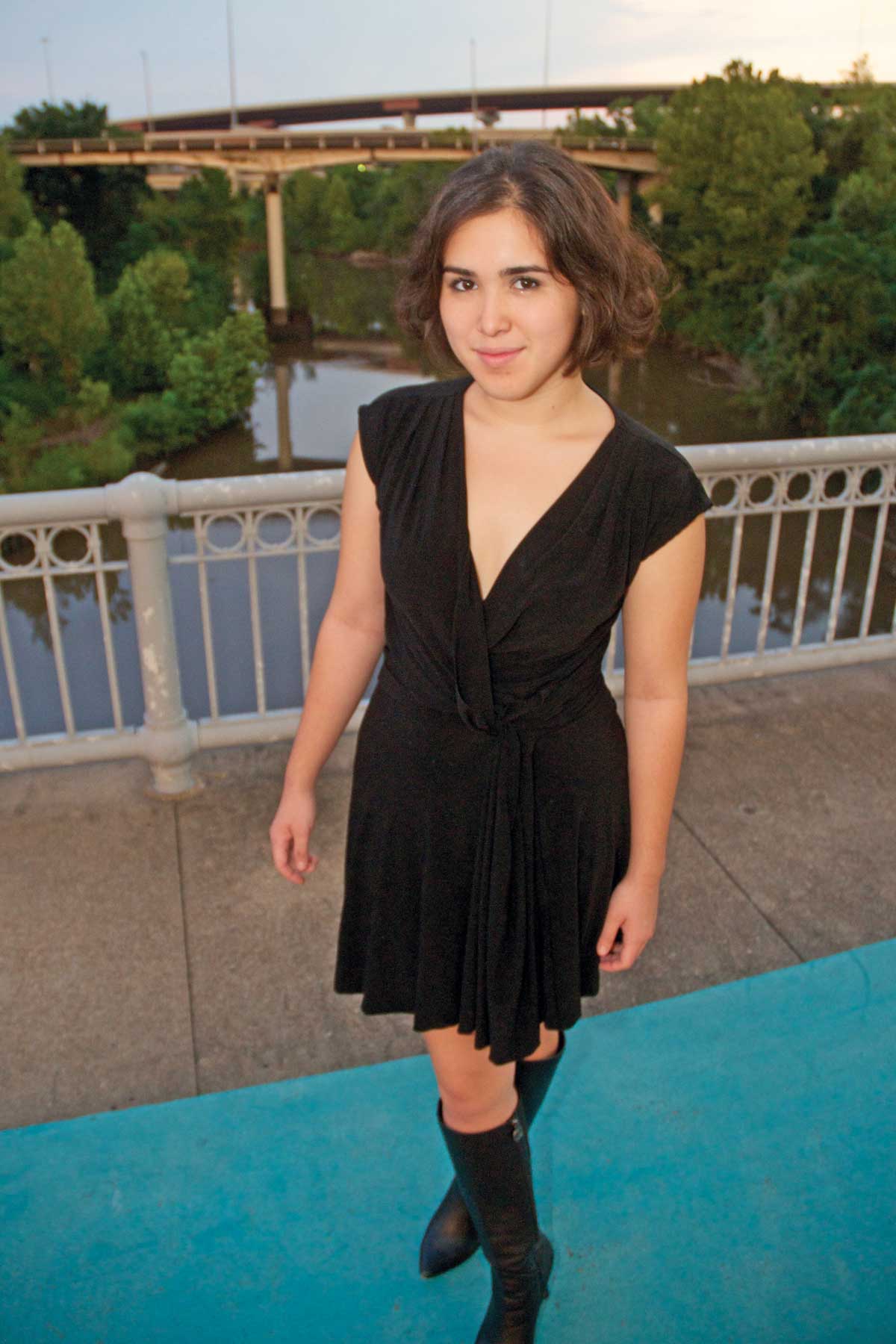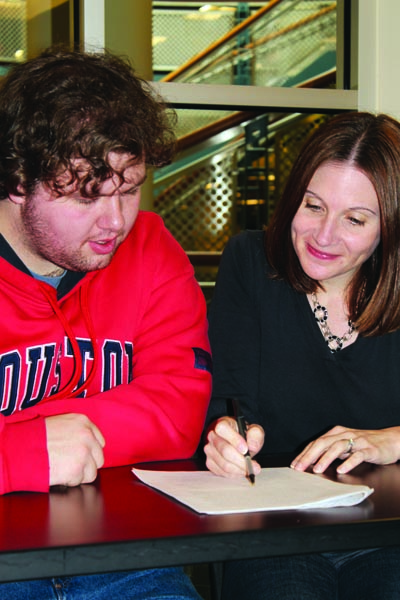Supporting Major Awards
 It is almost midnight and Erica Fletcher is on her sixth cup of tea for the day. She
is not fueling up for a late-night party or even a study session, though; Fletcher
is involved in a very high-stakes competition.
It is almost midnight and Erica Fletcher is on her sixth cup of tea for the day. She
is not fueling up for a late-night party or even a study session, though; Fletcher
is involved in a very high-stakes competition.
Every year, approximately 1000 American students apply for two of the most prestigious nationally competitive scholarships, the Rhodes and the Marshall. Both scholarships provide U.S. students with opportunities to study in the U.K. The Rhodes Scholarship is for a two-year tenure at Oxford University, and the Marshall Scholarship offers American students the opportunity to attend almost any university in the U.K. In the past, the awards often went to students seeking a second baccalaureate degree, but now they are typically awarded to scholars pursuing a graduate education. Both scholarships also entail a more challenging—and dramatic—application process than many realize.
Fletcher’s last-minute efforts are not due to a lack of planning. She has been working on her application for months, and years of academic success have prepared her for this point. But the sheer volume of materials required by the applications is enough to overwhelm most candidates. Applicants spend months drafting essays and personal statements, revising resumés, gathering transcripts, and corresponding with recommendation letter writers. Thankfully, the Office of Undergraduate Research and the Honors College are there to help.
The Office of Undergraduate Research is charged with assisting students at the University of Houston in finding and applying for external scholarships and fellowships. In addition to Erica’s applications for Rhodes and Marshall, within the past year alone the office has provided support to applications for the Gates Cambridge, Barry M. Goldwater, Jack Kent Cooke, Merage, National Science Foundation, Boren, and Phi Kappa Phi scholarships. All of these awards are nationally competitive scholarships that support students’ undergraduate and graduate studies, both within the U.S. and beyond. Erica also benefited from the advice of her mentors, Drs. Jerome Crowder and Dan Price, and over 30 other members of the University community. “From talking with the other applicants,” Fletcher said, “it became very clear that no other scholarship advisors at other institutions had been as enthusiastic, dedicated, and detail-oriented as Karen Weber and Drs. Crowder and Price.”
Erica began her academic career at the Honors College in 2007 at the age of 16. She started with one major—psychology—and has since added two more in anthropology and sociology. These interests have converged in her research projects, most notably her two ethnographic films. Marianismo, completed as a Summer Undergraduate Research Fellowship project in 2009, explores the plight of HIV-positive Latina women. Her current project, a film about sex trafficking in Houston, is being conducted as part of her senior honors thesis.
 Candidates for the Marshall Scholarship compete in eight regions of the U.S. for a
total of 32 scholarships. Rhodes Scholar applicants in the U.S. are divided into 16
districts with approximately equally sized applicant pools, each of which will eventually
send two students to Oxford. After sifting through hundreds of candidates’ paperwork,
the selection committees invite a handful of finalists to interviews each November.
Because both programs consider students eligible in both their home state and the
state of their academic institution, Erica had the opportunity to meet, and compete
with, students attending MIT, Harvard, Rice, and Georgetown. Interviews are conducted
by experts in a variety of fields and can involve questions related to the student’s
field, current events, and even ethical or philosophical dilemmas.
Candidates for the Marshall Scholarship compete in eight regions of the U.S. for a
total of 32 scholarships. Rhodes Scholar applicants in the U.S. are divided into 16
districts with approximately equally sized applicant pools, each of which will eventually
send two students to Oxford. After sifting through hundreds of candidates’ paperwork,
the selection committees invite a handful of finalists to interviews each November.
Because both programs consider students eligible in both their home state and the
state of their academic institution, Erica had the opportunity to meet, and compete
with, students attending MIT, Harvard, Rice, and Georgetown. Interviews are conducted
by experts in a variety of fields and can involve questions related to the student’s
field, current events, and even ethical or philosophical dilemmas.
Once she was chosen as a finalist, Erica’s excitement turned to nervousness in anticipation of the interviews. To help prepare her, the Office of Undergraduate Research arranged for a series of practice interviews and even a mock reception. “I was truly amazed by the number of faculty, administrators (including President Renu Khator), and students who volunteered their time to participate in the practice interviews and ask challenging questions. Once, Dr. Helen Valier did not look at me at all during a practice interview; another time she pretended to be extremely angry just to see how I would react. Learning to put on a smile despite her ‘rudeness’ came in handy during an actual interview, when one panelist pretended to be asleep.”
In the end, Erica invested literally hundreds of hours on her applications. The phone calls, emails, and weekend meetings with her mentors to refine her application were easily equivalent to adding another class to her course load. Although she did not receive the scholarships, the learning experience was something she could not have found in any classroom. “The process made me much more selective in the graduate schools to which I applied. I am now emboldened to find out more about what departments can offer me in terms of technical resources, faculty mentorship, and coursework flexibility.”